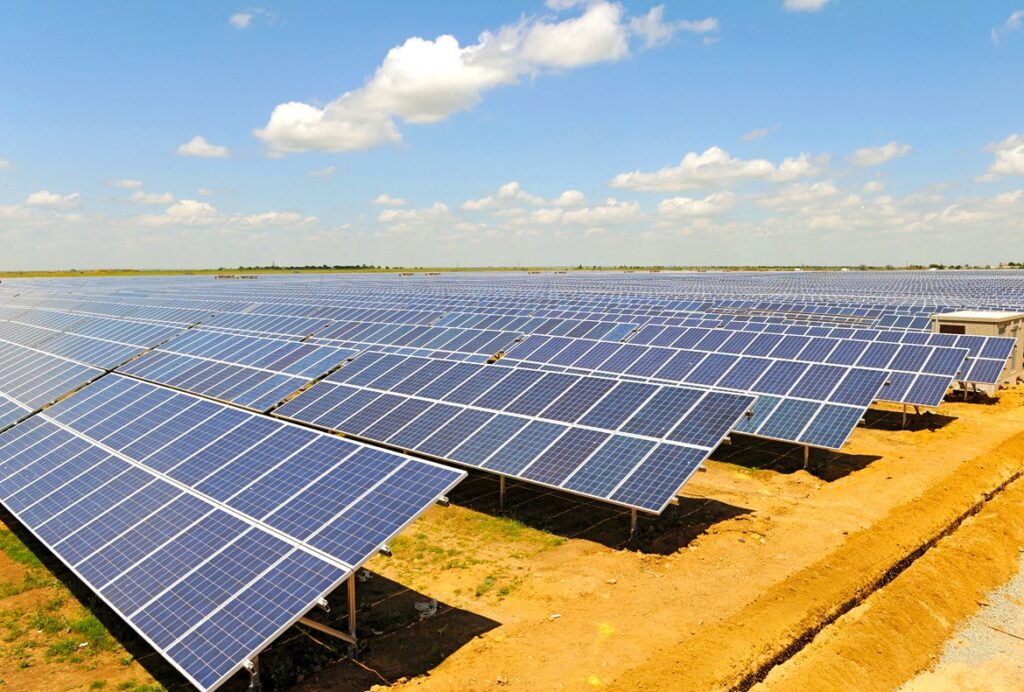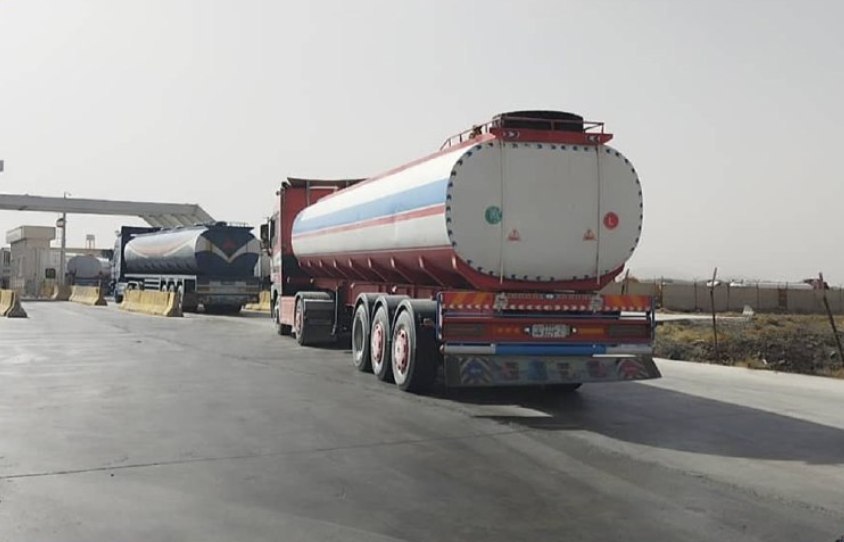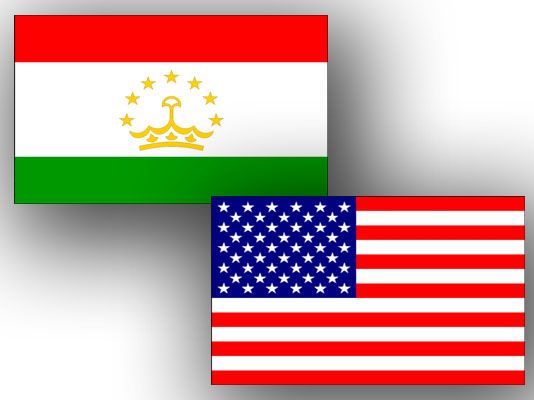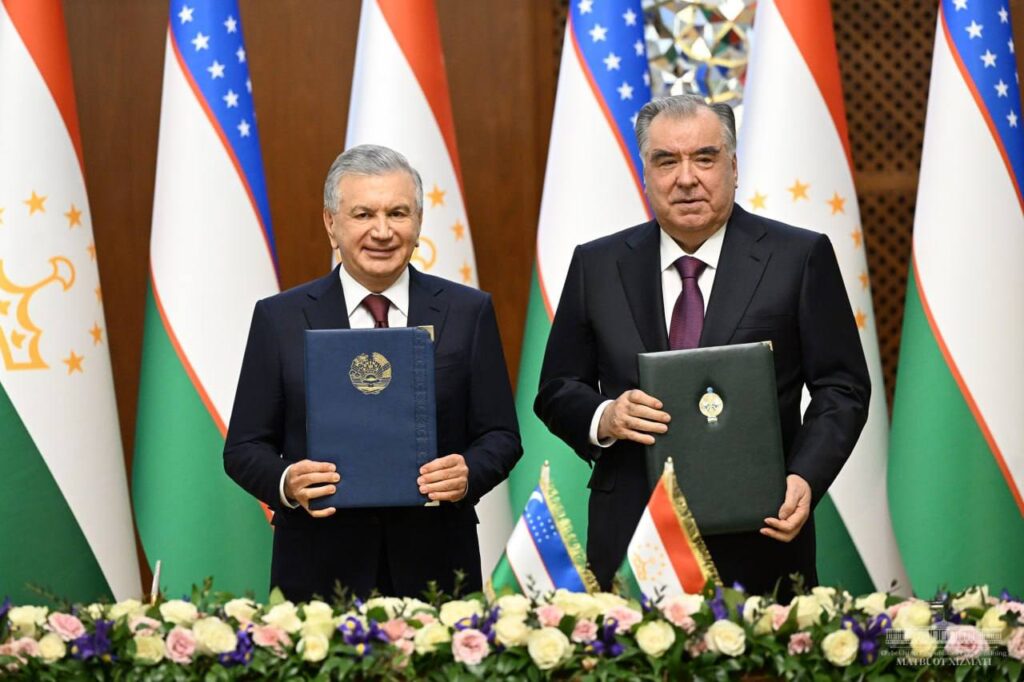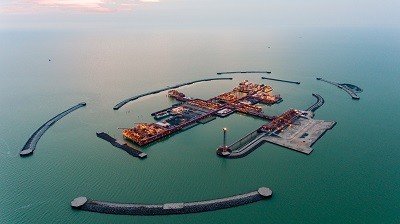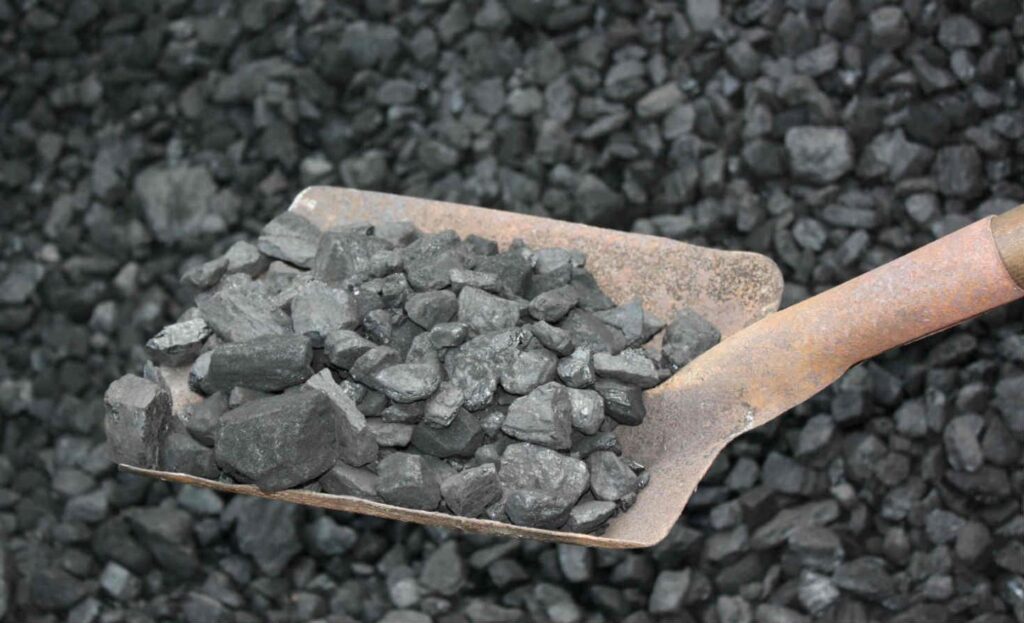Chinese Investors Plan to Build Solar Power Plant in Tashkent Region
Chinese investors have agreed to implement more major projects in Uzbekistan, according to statements made following the visit of a trade delegation from China to Uzbekistan's Tashkent region. Chinese businesses intend to invest $2 billion in the construction of a solar power plant in Ahangaran, $25 million in providing food for employees of social facilities, and $20 million in the construction of a diagnostic center. Also, Chinese investors are ready to invest $90 million in projects focused on the production of pharmaceutical products, metal structures, artificial fiber and threads. Earlier, Uzbekhydroenergo and China Southern Power Grid International agreed on joint construction of a 600 MW pumped storage hydropower (PSH) called Verkhny Pskem. The cost of the project is estimated at $1 billion. The first solar power plant in Uzbekistan was established with the assistance of the World Bank Group, Abu Dhabi Future Energy Company (Masdar), the Asian Development Bank and the Government of Uzbekistan. The station, with a capacity of 100 megawatts, became the country's first large-scale renewable energy facility. According to Uzbekistan's Ministry of Energy, the country plans to build about 25 large-scale solar power plants in the next 10 years.
